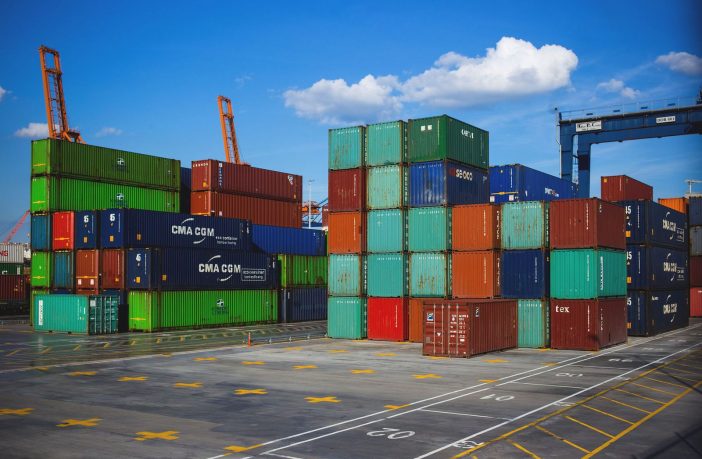- Freight costs have fallen significantly in recent months and are now approaching pre-pandemic levels, according to Drewry, a UK-based consultant for the shipping industry.
The company’s World Container Index (WCI) shows that freight costs fell by 7% this week, for the 39th consecutive week of decline, and by 74% from the same week in 2021.
“The latest Drewry WCI composite index of $2,404 per 40-foot container is now 77% below the peak of $10,377 reached in September 2021,” said the consultancy. “It is 36% lower than the five-year average of $3,768, indicating a return to more normal prices, but remains 82% higher than average 2019 (pre-pandemic) rates of $1,420.”
Asier Ukar, the managing director of PI Berlin S.L., told pv magazine that container shipping costs ranged between $1,500 and $2,000 before the pandemic. “At the peak of the pandemic and post-pandemic, it reached $20,000,” he said.
Freight costs currently represent about 4% of a module’s total costs, he noted. In August 2021, panels cost around $0.27/W and their share of free-on-board (FOB) module pricingwas around 20%.
“Shipping costs now more or less $3,509, which means more or less around $0.01/W for a container with 620 modules with each a capacity of 400 W,” said Ukar. “Due to the Covid-19 crisis, most of the ports in the European Union and the United States were congested and the containers did not arrive at the port on time, which led to a reduction in the quantity and a consequent increase in prices.”
He added that he does not expect shipping costs to rise in the short term.
Author: Emiliano Bellini
This article was originally published in pv magazine and is republished with permission.















